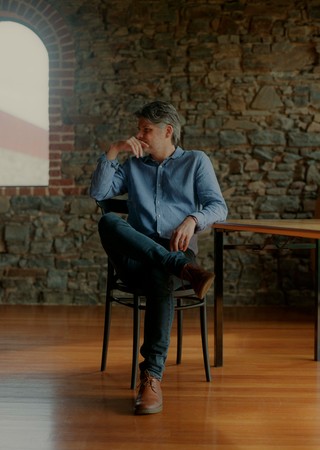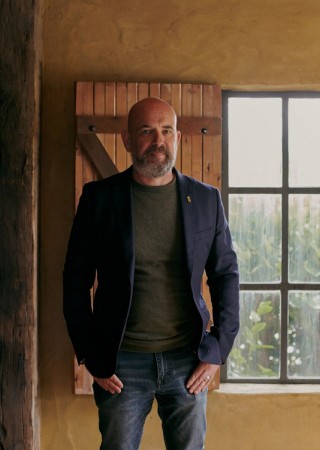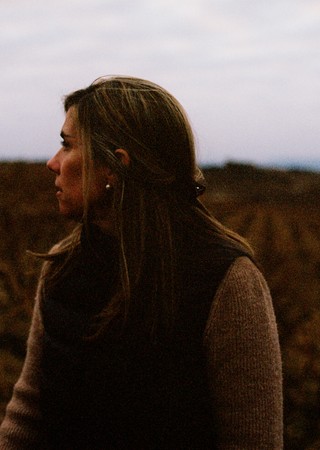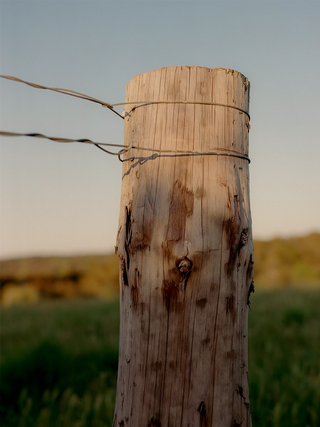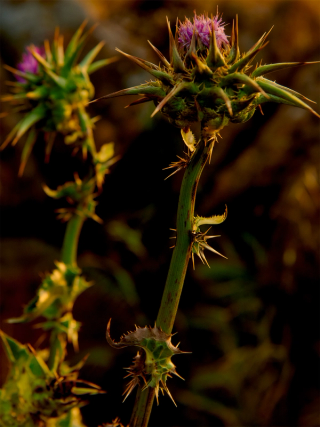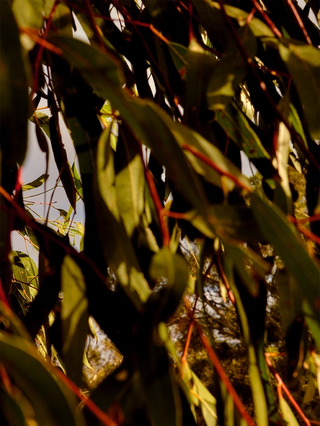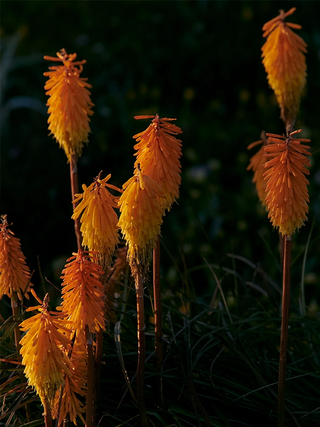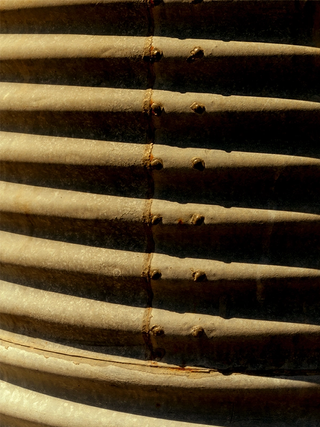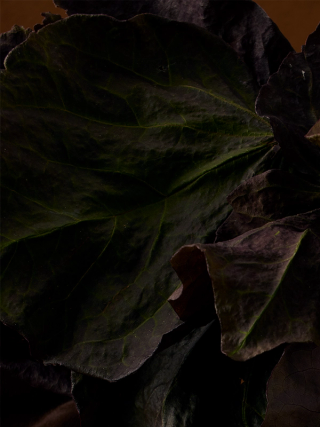VNTNRTM
VNTNRTM
VNTNRTM connects makers drinkers & thinkers in the pleasure of wine
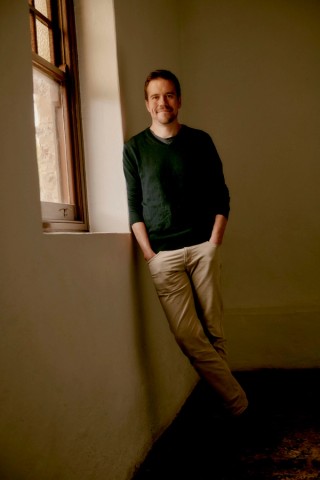
BALANCE AND DYNAMITE
Tim Pelquest-Hunt: My name is Tim Pelquest-Hunt and I'm the Chief Winemaker for Orlando, in the beautiful Barossa Valley.
VNTNR: Not many people get to say they’re a winemaker in the Barossa! How did you find your way into the industry?
TPH: Prior to winemaking, I was a classically trained singer. And it was something that I really, really loved coming out of school. Music was a real passion - and still is - of mine. And I suppose I had the career change when I started working in a wine shop, and started really curving an enthusiasm for wine and all things vinos, and basically paid my way through university working part time at a wine shop. And then, eventually, that passion kind of grew until I settled into what was the Fine Wine Manager role at the time. And from there, the wine shop sat down with me and asked me what my career was in wine, and I decided that the next step I needed to take was to try making it. So from there, I returned to university and studied viticulture and oenology. The change to go back to science was initially quite a daunting one, especially being from a background in arts. But I think winemaking is that real fusion between art and science, and I think that's where having a creative flair really assists in the winemaking process.
VNTNR: As well as that, a clear commonality between wine and music is that audiences follow the preference of their ears to music, as they do of their palate to wine.
TPH: I think that's the beautiful thing about both music and wine in so much as we make a qualitative assessment on what we like, and what's one man's trash is another man's treasure. What one person may really like; another person may not always like. We come back to this thing of trying to assess what makes good music or what makes a good wine. And that's what makes those two things really fascinating; we're trying to assess something qualitatively because we're making an assessment on whether or not we like something. And that's what I think makes both of those fields so interesting and so diverse, because the yardstick by which it's measured is always moving, depending on who the audience is or who the drinker is.
VNTNR: There’s an audience for Orlando in Australia, who remember in the 50s and 60s when “Barossa Pearl” shifted drinking culture across the country, and carry these memories with them. How do you approach this storied legacy?
TPH: I think what interests me most about Orlando is how innovative it has been and how quickly it's adapted to its conditions and really modernized. I mean, what we have to remember when we look at the history of Orlando going back all the way back to 1847 with a German migrant called Johann Gramp, coming to Australia with nothing and then planting some bush vines on the banks of Jacob's Creek and then from there, really growing one of Australia's most iconic wine labels. From there, what Colin Gramp did for the industry in introducing refrigeration and pressure fermentation to white wine and sparkling production was a complete game changer, it completely revolutionized the Australian wine industry. And these are not things that people really did in those days. I mean, when Colin Gramp saw the site for our Steingarten vineyard, people said he had rocks in his head. Because the site was so rocky, he was almost dismissed as being someone that was crazy and quite outlandish in his approach. Colin did take dynamite to rock and blow the rocks up on the Steingarten site in an effort to make the soils more free draining, and actually give the vines a good chance at rooting and surviving in those conditions. I mean, these were really quite innovative and quite outlandish actions to take at the time. But as a result of that, I look at our Steingarten Riesling and I think it's one - in my unbiased opinion - of the most stunning expressions of Australian Riesling at such an affordable price. To be able to drink a wine like that, that dates back all the way to that history of what Colin was trying to create in being extremely innovative and daring, is quite special, I think.
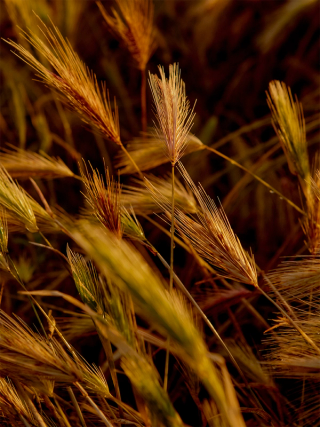

Barossa Pearl is an amazing story about changing the face of the Australian wine industry and changing drinker perception as well, because that wine taught Australians how to drink at an excellent level as well, at the right price point. The Australian wine industry was, for many years, dominated by fortified wine production, so table wine production, I mean, I'm not showing the exact figures, but fortified wine production around that time would have been significantly higher. So to migrate people from fortifieds to reds and then come out with this fizzy, delightful sparkling wine; that's a huge shift. That's almost extra-terrestrial in terms of the introduction that was made when that wine was released. And it took Australia by storm. And it really promulgated Orlando to such success that then made Orlando a household name that would be drunk everywhere.
VNTNR: Are you looking to change the game, in some way?
TPH: Each season throws you a different curveball. Vintage is extremely variable. That's what makes wine, again, even more special: mother nature rules supreme. And there's not always something that you can do in terms of changing that. So you can only craft wines from the tools that you're given, or, you can't make a silk purse out of a sow's ear. So there are a lot of things that you can do in terms of crafting wine and making it interesting, but I think asking questions is a very powerful way of changing direction because it gets people thinking; Why are we doing this? What are we trying to achieve? And questions can be framed politely or they can be framed, I guess, in an interrogative mood. So whenever I ask questions, it's always as a thirst for knowledge more than as an interrogation because I only ask questions in my winemaking because I want to know the answer and try and work something out from that as well. But certainly, sticking your nose where it's not your business; that's just how you learn.
VNTNR: How would you like to see the wine industry evolve or change today?
TPH: I don't believe that wine should be approachable at a certain time. So sometimes people say, ‘try this wine, it’s good now but it’ll be better in 20 years’. I think wine should be accessible, and it should be palatable, and it should be delicious at all points of its life. So I think that's a virtue that I carry very closely with me in my winemaking because I'm not trying to make wines that are unapproachable in their youth. And I think that's the big challenge for people, or for winemakers; is to make wines that are going to be approachable at all points of their life; so they're delicious on release, they're delicious at five years and they're delicious, at 20 years as well. And certainly, there can be subtle tweaks in terms of how palatable and how delicious those wines are, but they should be approachable at all points.
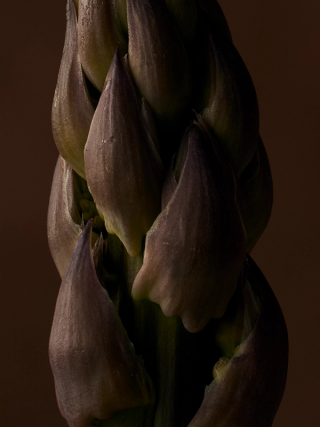

The other thing I'd like to see is really just more around the education piece and trying to, I guess, build some rhetoric around what makes a good wine. And whenever I think of wine; I like to think of wine in terms of shapes. And one of the things I think of is an equilateral triangle. If I’m looking at a Shiraz, for instance, if it's high alcohol and it's high oak and it's high fruit, if you look at all of those points then if that's balanced, then you've got a big equilateral triangle. And I see that as a wine that's quite balanced. Whereas you might have something that's less fruit, less oak, less alcohol, and that's still a balanced expression. It's just different. So when people talk about wine, and I'd kind of like to flesh out why people have preferences for styles as well, and how we can educate drinkers on what makes a good wine and how balance works into that.
